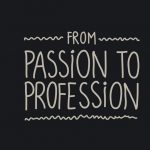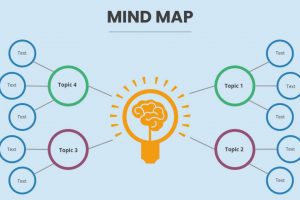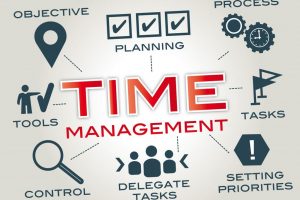Note-taking: It’s a skill we all think we have mastered, especially after years of scribbling away during lectures or meetings. But here’s a secret – effective note-taking is more than just jotting down words; it’s about capturing information with purpose and finesse. So, what’s the secret to truly mastering note-taking techniques? Let’s dive in.

The Myth of Mindless Scribbling
Imagine this scenario: you’re sitting in a lecture hall, your pen poised over your notebook, and the professor begins to speak. You start scribbling away, capturing every word that comes out of their mouth. It feels like you’re doing a great job, right? Not quite.
The secret to mastering note-taking begins with dispelling the myth of mindless scribbling. Taking notes isn’t about transcribing everything you hear or read; it’s about extracting valuable information and synthesizing it into a format that makes sense to you. To illustrate this point, let’s meet Jane.
Meet Jane: The Scribble Queen
Jane, a diligent student, was known as the “Scribble Queen” among her peers. She prided herself on her ability to write down every word spoken during lectures. Her notebooks were filled with dense, uninterrupted text, from margins to margins. Jane believed she was doing everything right – after all, she had captured every piece of information.
But here’s the catch: Jane’s meticulous note-taking approach came at a cost. She was so focused on writing that she rarely had time to truly understand what she was writing. Her notes became a jumbled mess of facts and figures, devoid of any meaningful context.
Jane’s obsession with capturing every word hindered her ability to engage with the material. She missed the opportunity to ask questions or seek clarification because her head was buried in her notebook. In essence, Jane was collecting information but failing to process and internalize it.
The Aha Moment: Purposeful Note-Taking
Jane’s “aha” moment came during a particularly challenging biology class. Faced with complex concepts, she realized that her mountain of scribbled notes wasn’t helping her understand the material any better. It was time for a change.
She decided to adopt a more purposeful approach to note-taking. Jane started by listening actively during lectures, focusing on the professor’s main ideas and key points. Instead of writing every word, she jotted down concise summaries, key terms, and questions that popped into her mind.
Jane’s new approach allowed her to engage with the material in real-time. She found herself participating in class discussions, asking questions, and seeking clarification when needed. Her notes became a dynamic conversation with the material, rather than a passive transcription.
The Secret Ingredient: Reflection
But the transformation didn’t stop there. Jane added a secret ingredient to her note-taking recipe: reflection. At the end of each study session, she dedicated time to review and expand upon her notes. She filled in gaps in her understanding, connected concepts, and created visual aids like mind maps to reinforce her knowledge.
This reflection process was where the magic happened. Jane wasn’t just collecting information; she was actively processing and internalizing it. Her notes became a tool for deepening her understanding, rather than a passive record of facts.
The Results: Mastery of Note-Taking
Jane’s journey from the “Scribble Queen” to a purposeful note-taker yielded remarkable results. She found herself not only retaining information more effectively but also grasping complex concepts with greater ease. Her newfound engagement in class discussions and interactions with professors enriched her learning experience.
By focusing on the quality, not the quantity, of her notes and incorporating reflection into her study routine, Jane had unlocked the secret to mastering note-taking techniques. She had discovered that effective note-taking isn’t about writing down everything; it’s about capturing key information, engaging with the material, and actively processing knowledge.
Unlocking Your Note-Taking Potential
So, what can you learn from Jane’s journey? The secret to mastering note-taking techniques lies in purposeful, engaged, and reflective note-taking. Here are some practical steps to help you unlock your note-taking potential:
-
Active Listening: Pay close attention during lectures or meetings, and focus on capturing key ideas, not every word.
-
Summarize and Question: Write concise summaries and jot down questions or points of clarification as you go along.
-
Reflect and Expand: Take time to review and expand upon your notes, connecting concepts and reinforcing your understanding.
-
Visualization: Experiment with visual aids like mind maps or diagrams to represent complex ideas.
-
Engage: Participate in discussions, ask questions, and seek clarification when needed. Your notes should be a tool for engagement, not a barrier to it.
By embracing these strategies, you can transform your note-taking from a mindless chore into a powerful tool for learning and understanding. So, go ahead, embark on your note-taking journey, and unlock the secret to mastery.















Add Comment